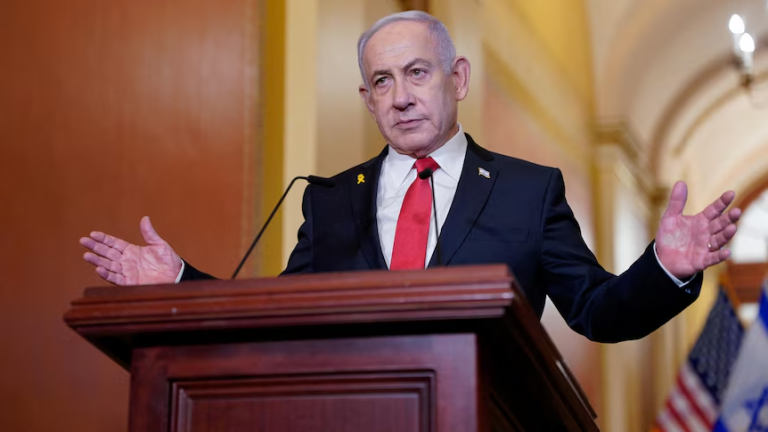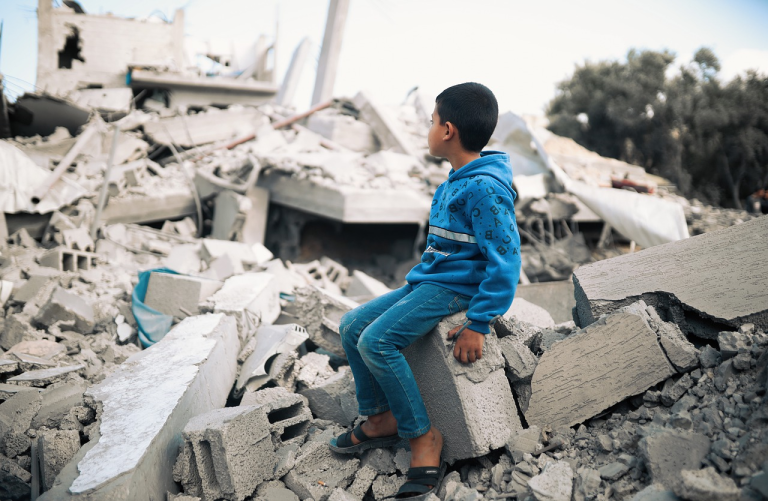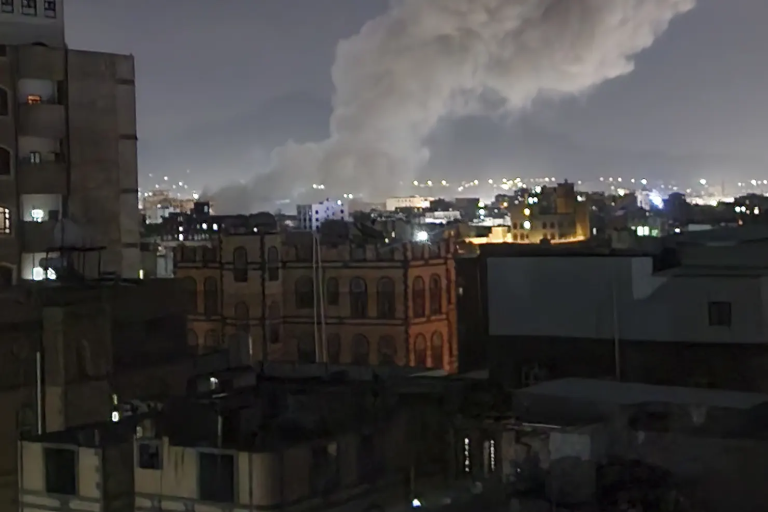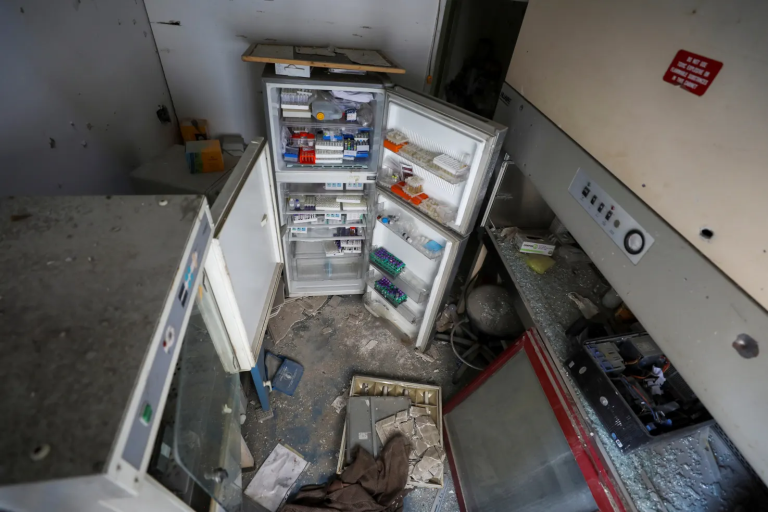
Israel cabinet votes to sack Shin Bet chief Ronen Bar
Netanyahu needed a scapegoat for HIS actions – Mark The head of Israeli’s internal security service Shin Bet has attacked the government’s decision to fire him as “entirely tainted by conflicts of interest,” saying the unprecedented move constituted a “fundamentally invalid” attempt to undermine the service as it probes Qatar’s influence at the Prime Minister’s Office.Benjamin Netanyahu’s cabinet on Friday (AEDT) approved the Prime Minister‘s request to fire Ronen Bar, deepening a power struggle that is dividing the country.The decision to sack Mr Bar is focused












